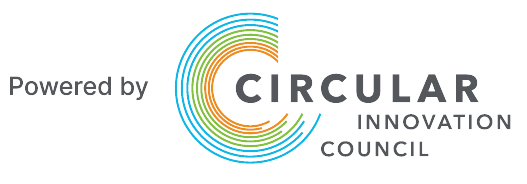The recent CIWM Cymru Wales webinar ‘How can Wales spend to support the circular economy?’ explored how the public sector can adjust its buying habits to support a circular economy in Wales.
The speakers at the webinar were:
Ashleigh McLennan, who is employed by ICLEI – Local Governments for Sustainability, where she focuses on public procurement and the circular economy. She has authored numerous European Commission publications including “Public Procurement for a Circular Economy” and “Making Socially Responsible Public Procurement Work”, and supports procurers directly through the European Commission’s Helpdesk for Green Public Procurement.
Dr. Eurgain Powell is a Change Maker for the Office of the Future Generations Commissioner for Wales and leads on a range of policy issues including decarbonisation, transport and procurement. She has developed the Future Generations Framework for Projects and authored several reports including “10 point plan for funding a climate emergency”(2019), “5 point plan for a Green recovery” (2020) and “Procuring well-being in Wales” report (2021).
And last but not least Dr. Jennifer Rudd who, in her own words, is a slowly reforming technical scientist with a background in climate change mitigation technologies. Jennifer is currently Programme Manager of the Circular Economy Innovation Communities (CEIC) programme lead by Swansea University which aims to help the public and third sectors incorporate more circular economy practices within their organisation.
A key theme of all the speakers was the use of terminologies such as sustainable, green, circular procurement and the need to be clear about what we mean by each of these models. The circular economy pioneer, Dr. Walter Stahel in an interview in the latest CIWM magazine, Circular, highlighted this very point when he said “…it’s really important to define exactly the concepts; we have to make clear what they are, what the differences are between the different strategies, and the advantages, opportunities and limits.
In all, a number of key issues were raised around delivering the circular economy, including the need for clarity around what we mean by circular procurement, recognition that there are increasing pressures on the professionals we entrust to deliver procurement projects and ensuring that we incorporate environmental, social as well as economic benefits in our procurement processes. This way we can ensure that public procurement can play a key role in transitioning to a circular economy in Wales and beyond.

